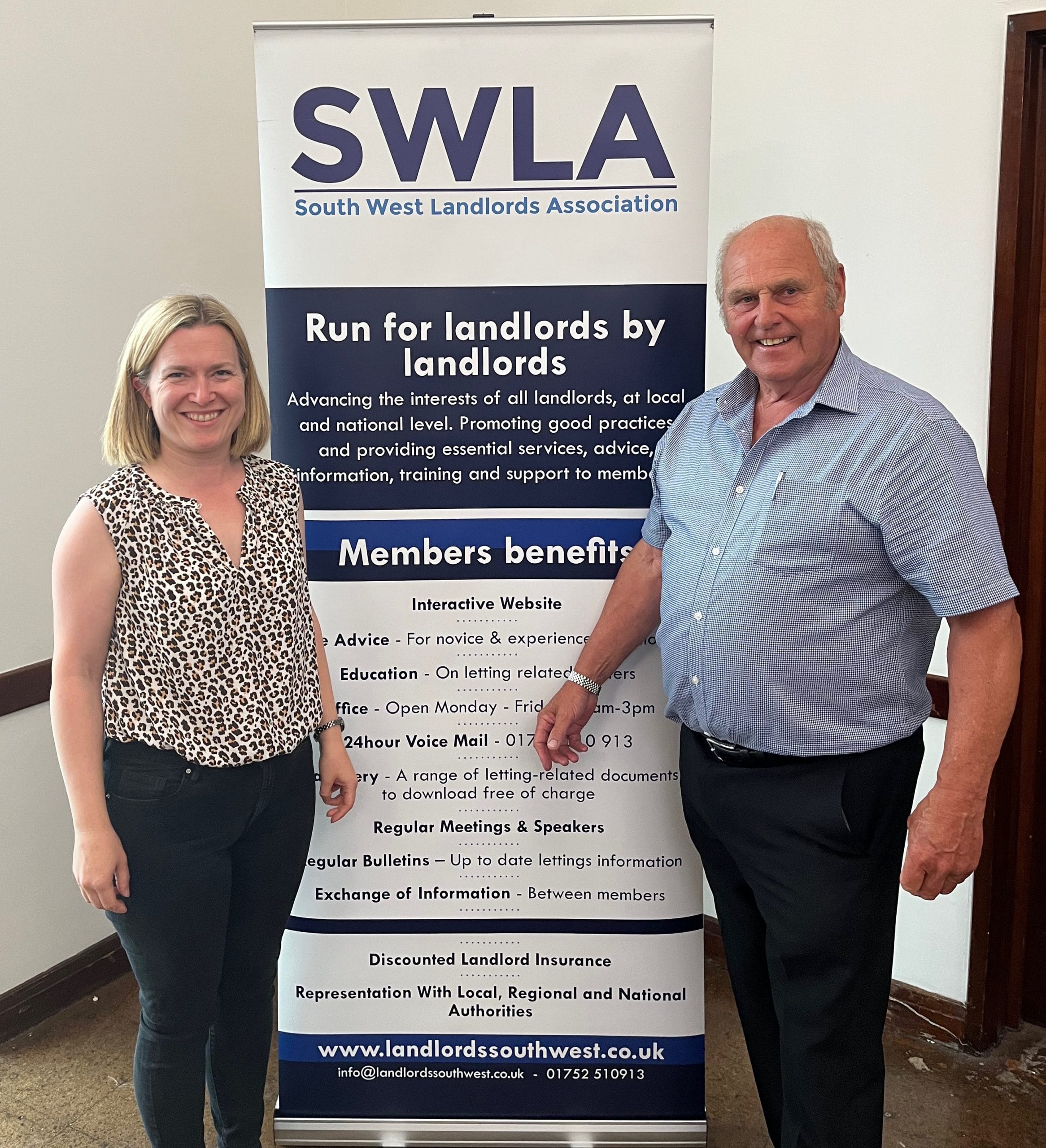News
& Articles

Changes Proposed for ‘Right to Buy’ Policy
More social housing tenants could be stopped from buying their own homes as part of a shake up of Right to Buy policy. Under the

BLACK FRIDAY TRADEPOINT DEALS – from 01st November to 2nd December
Black Friday Tradepoint Deals to be had from Friday 1st November to Monday 2nd December 2024. Remember SWLA members also get our 10% discount ON

The Autumn Budget – Some Areas of interest to Landlords
The Autumn Budget: Please see attached the gov.uk link which highlights yesterdays budget. https://www.gov.uk/government/publications/autumn-budget-2024-overview-of-tax-legislation-and-rates-ootlar/841ddc37-58e0-4d3f-9b53-123e8903d274 If the link doesn’t open then please copy and paste it

New Grant Scheme for Properties with Gas Central Heating
If you have properties that meet the following criteria, funding is available to make them more energy efficient. The property must have solid brick or

10% Off Kitchens and Bathrooms Products – From Friday 18th October – Hurry Ends Tuesday!! (SWLA TradePoint Members Receive Their 10% Discount in Addition)
OTHER DEALS ON UNTIL 4TH NOVEMBER:

SWLA’s October General Speaker Meeting
Our latest meeting at the Future Inn, Plymouth! It was great to see members old and new. Thank you to our speakers; Steve Cox from

SWLA Members Mentioned in the Second Reading of the Renters’ Rights Bill in Parliament
Rebecca Smith MP for South West Devon is a long term supporter of the SWLA and has attended the SWLA Landlord Accreditation course. In Parliament

EPC Assessment Changes – Calculations will be more specific and fair….
Why are EPCs being upgraded? The way the rating in the Energy Performance Certificates (EPC) is currently calculated, based on standardised data, leads to anomalies

Last Chance To Book Face To Face Accreditation Course – Last Couple Of Places Available
Landlord Accreditation Training Course – Face to Face Thursday 3rd October 2024 – 9:15 – 4:30pm Venue – Reception Room, Plymouth Council House, Armada Way,

Fine for Landlord for not Providing Electrical Safety Certificate
A Hastings landlord has been fined £10,000 after failing to provide a satisfactory Electrical Installation Condition Report (EICR) to Hastings Borough Council. The council had

Membership
Information
Get In Touch
- SWLA, 30 Dale Road, Plymouth, PL4 6PD
- 01752 510913 + 24hr Voicemail
- info@landlordssouthwest.co.uk
- Mon - Fri: 10AM - 3PM
Company No: 03670683 Registered Address: SWLA, 30 Dale Road, Plymouth, PL4 6PD – Website by GSL Media
Copyright © 2023 SWLA. All rights reserved

